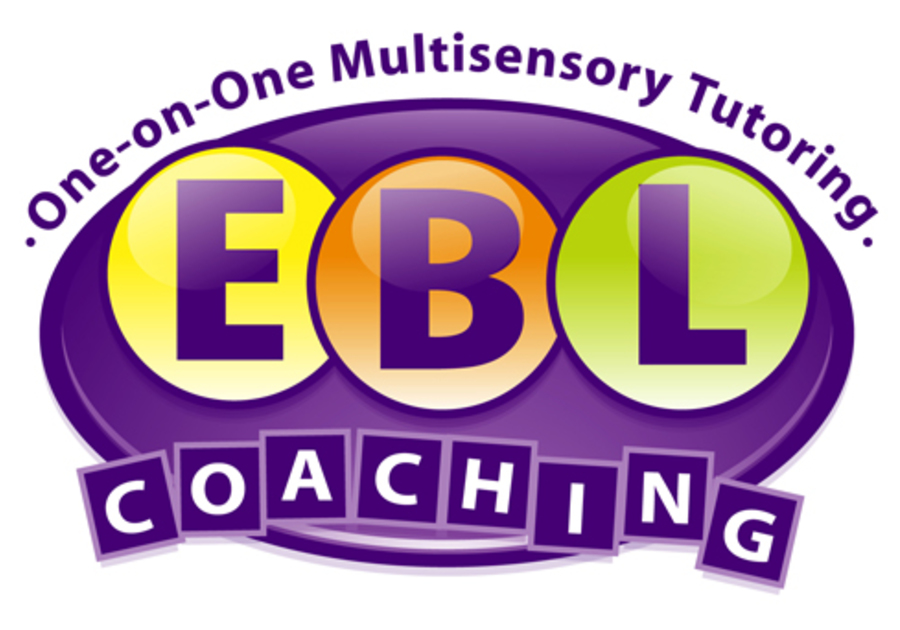FOUR Ways to Help Your Struggling Reader
Does your child struggle with sounding out words when reading? Does he have difficulty recognizing sight words or understanding what he reads? Perhaps he loses focus when reading or avoids reading at all costs. If so, your child may be experiencing reading difficulties. Reading is a skill that affects all aspects of school, so the earlier you can help your child build this skill, the better. Help your child build stronger reading skills with the four tips detailed below.
Read, Read, Read!
One of the best ways to help improve your child's reading skills is by doing lots of reading! Starting when your child is a baby, make reading a ritual - every night before bed pick 2-3 books to read to them. Eventually let them pick the books and try to integrate topics they are interested in - mermaids, trucks, animals, you name it! Any topic that peaks their interest is a good one. As they get older, talk about the plot of the story, the characters, and the setting. Ask questions, like "What do you think will happen next?" or "Why do you think Sara feels this way?" Remember that struggling readers often choose shorter books that they perceive as "easy" so feel free to pick longer, more complex books when you're doing the reading.
Make it Multi-Sensory
Most kids learn best by engaging the senses, especially those who are struggling with reading. Rather than sticking a worksheet or mundane workbook in front of your child, engage their visual, auditory, and kinesthetic senses when helping them learn to read. For instance, when teaching your young child how to form letters, gather some colored sand, sugar, or flour, and spread it out on a cookie tray. Say the formations aloud as you model tracing each letter. For example, for the lowercase letter "a" use your pointer and middle fingers and say "around, up, and down" as you form the letter a in the sand. Then ask your child to do the same. Practice this technique for all of the letters of the alphabet, and also numbers! Additionally, you can use magnetic tiles, mini whiteboards, and shaving cream for forming letters and words. These elements are part of the Orton Gillingham methodology, which is a research-based, multi-sensory technique for helping students with or without learning disabilities, including dyslexia, develop stronger reading and spelling skills.
Use a Structured Reading Program
Many children who struggle with reading benefit from a structured, Orton Gillingham based reading program. For instance, the Flags and Stars Orton Gillingham Multisensory student workbook program teaches students to read and spell words starting at a very basic foundational level and moving upwards using a structured, systematic approach. The program starts by teaching students to identify individual letters and their corresponding sounds and blend them together to read and spell CVC (consonant-vowel-consonant) words. It then progresses to words containing blends, consonant digraphs, vowel digraphs, silent e patterns, multisyllabic word patterns, prefixes, suffixes, and roots. This Orton Gillingham, multi-sensory program is a great way to help students who struggle to read, including students with learning disabilities, ADHD, and dyslexia, to build stronger reading skills.
Get Help!
If your child is still struggling to read despite practice and reinforcement at home, you may want to consider speaking to his teacher about any reading challenges at school, and possibly look into further testing. Public schools offer testing for learning disabilities free of charge, or some families choose to undergo a private neuropsychological evaluation. This evaluation will help determine whether or not your child has a learning disability (like dyslexia or dyscalculia), ADHD, executive functioning challenges, or other formal diagnoses. Oftentimes, if your child struggles with reading, the evaluator will recommend a structured, multi-sensory approach, such as the Orton Gillingham methodology, since this is a highly effective research-based approach for building reading and spelling skills.
Reading is a skill that plays a role in all aspects of school. The earlier you can help your child build stronger reading skills, the better! Use a multi-sensory approach, help engage your child with books on topics he enjoys, and work on strengthening his foundational skills - and he will be well on his way to reading success!
Learn more below!






